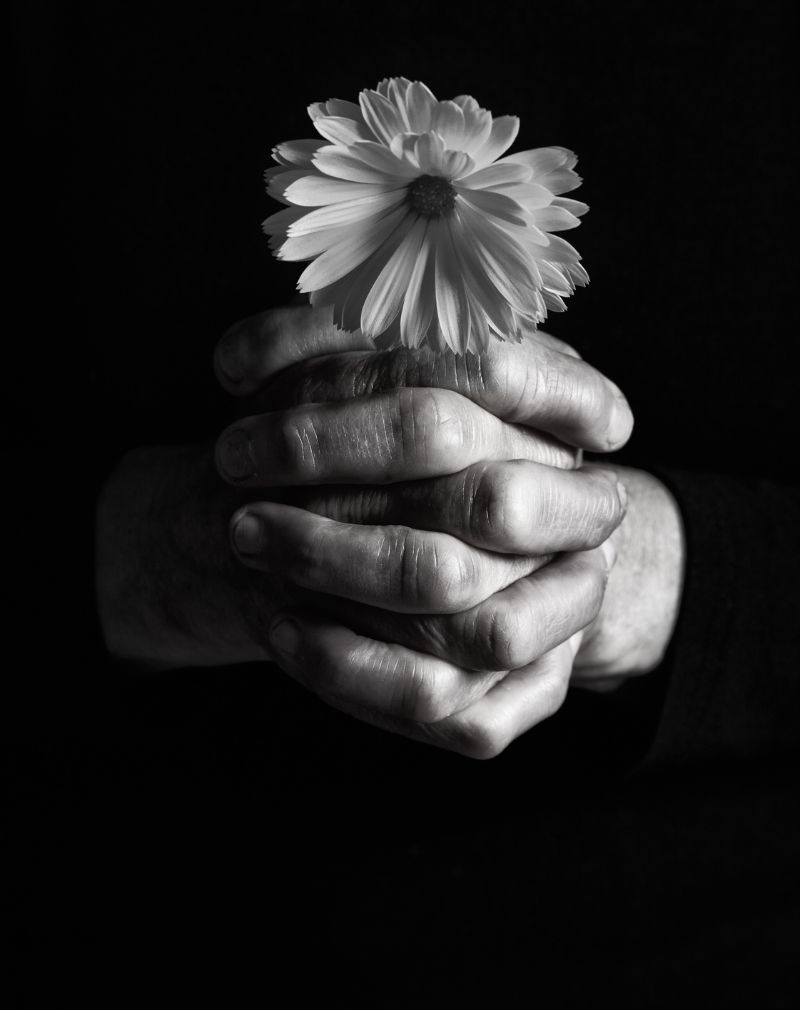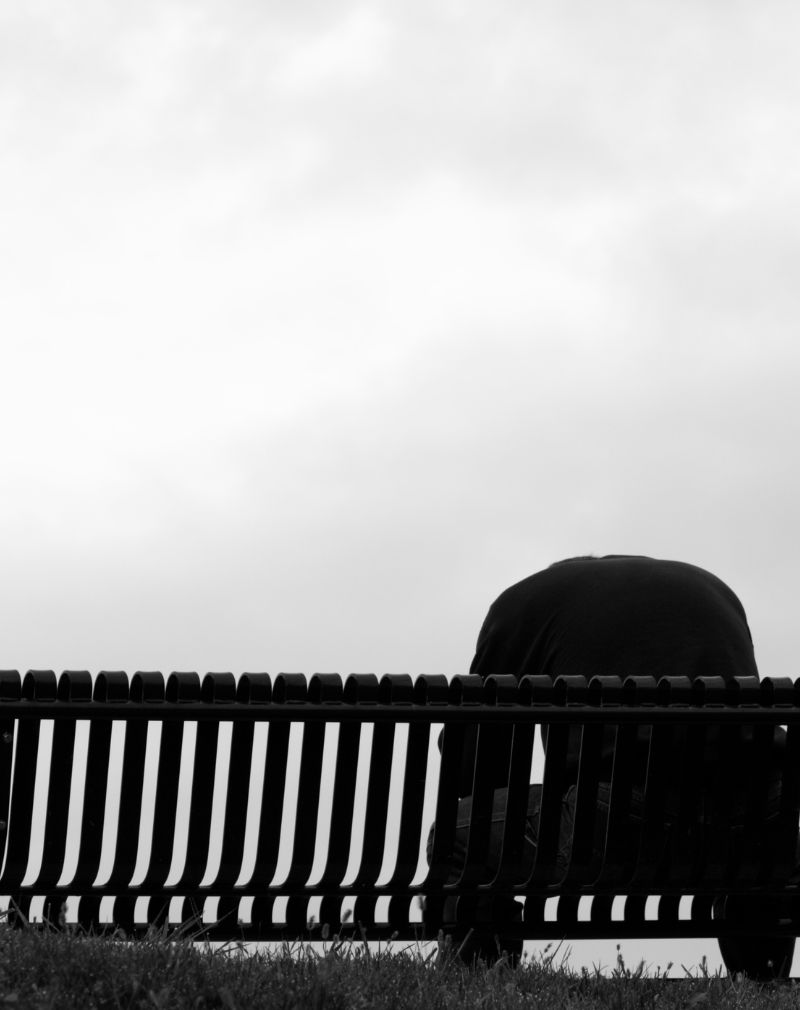Grief doesn’t knock. It just shows up.
One day everything feels normal. The next, the world tilts, and nothing feels quite right. If you’ve lost someone important, you know what that silence feels like — the kind that follows you into crowded rooms and quiet nights.
Here’s something you might not know: more than 2.5 million people die every week around the world (WHO, 2024). That means millions of families trying to figure out how to move forward. You’re not alone — even if it often feels that way.
At The American Wellness Center in Dubai Healthcare City, our Psychology Department sees this every day. People coming in with quiet eyes and heavy hearts. Not sure what to say. Not sure what healing is even supposed to look like.
This blog is for anyone sitting in that space.
We’re here to offer gentle advice. Nothing overwhelming. Just small, steady steps that can help you breathe again.
You won’t find clichés here. No promises to “move on” or “stay strong.” Just real talk. Real support. And a reminder that hope doesn’t disappear. It just waits — until you’re ready to let it in again.
Let’s take this one step at a time.
Understanding Grief: A Natural but Complex Process
Grief is what happens when love has nowhere to go.
It’s the natural response to losing someone who mattered. And while it’s something we all face eventually, it never feels simple when it lands in your life.
You may have heard of the “five stages” — denial, anger, bargaining, depression, and acceptance. But the truth? Grief doesn’t follow rules. You might circle back to anger after months of feeling okay. Or feel moments of peace and then crumble again during a random Tuesday afternoon. That’s normal.
In fact, a study published in The Lancet Psychiatry found that about 1 in 10 people experience complicated grief — where the sadness doesn’t ease over time and starts interfering with daily life. These cases often need professional care to help untangle the pain.
At The American Wellness Center in Dubai Healthcare City, our Psychology Department sees grief take different shapes every day. Some people cry immediately. Others feel numb for months. Some want to talk. Others just want to sit in silence.
In a city as diverse as Dubai, grief also looks different depending on who you are and where you’re from. Cultural traditions, religious beliefs, even how emotions are expressed — all these affect how we process loss.
So, if your grief doesn’t look like someone else’s, that doesn’t mean you’re doing it wrong. You’re just doing it your way. And that’s okay.
The Impact of Loss on Mental and Physical Health
Grief doesn’t only live in your heart — it settles in your body and mind, too.
Sometimes it shows up quietly, like a constant tiredness that won’t go away. Other times, it’s louder — a racing mind, heavy chest, or nights without sleep.
Here’s how grief might show up when no one’s watching:
- You wake up exhausted even after a full night’s sleep. Or you can’t fall asleep at all.
- Food feels like a chore — too much or not enough.
- Your memory feels foggy — you reread the same sentence three times or forget appointments.
- You snap at people you love or feel unexplainable guilt, even when you did nothing wrong.
- You feel anxious in places that once felt safe.
According to 2024 data from the CDC, people who’ve experienced a major loss are 30% more likely to develop depression within the first year. That’s not because they’re weak. It’s because grief affects every layer of being — emotional, physical, and cognitive.
This is where our team at The American Wellness Center in Dubai Healthcare City steps in. Our psychologists and therapists don’t just wait for things to get worse. We use early mental health screenings to gently catch signs of distress before they spiral.
Sometimes, the most important part of healing is simply being seen. We make sure no one has to carry this alone — especially when the weight feels invisible to everyone else.
From Survival to Healing: Rebuilding After Loss
In the beginning, you’re just trying to get through the day.
You breathe. You move. You sleep — maybe. Grief strips life down to basics. But when the fog starts to lift, even slightly, that’s the moment to begin rebuilding. Gently. At your pace.
Here are a few small things that can help, even when everything feels too big:
- Start with routine. Wake up at the same time. Make your bed. Eat something simple. These small anchors help calm the nervous system and reduce anxiety.
- Honor the memory. Light a candle. Tell their story. Cook their favorite meal. Simple rituals bring comfort and keep the love alive in a new way.
- Get it out. Write them a letter. Scribble in a journal. Sketch your sadness. Pray, even if the words feel clumsy. Expression, not perfection, is the point.
- Bring the body into it. Grief lives in the body, so healing should too. Breathwork, gentle movement, mindfulness, or therapy that helps calm the mind and body — all of these work.
In fact, a 2024 Harvard review showed that daily mindfulness practices reduced grief-related anxiety by 35%. Sometimes, sitting still with your breath is more powerful than any words.
At The American Wellness Center in Dubai Healthcare City, our Psychology Department offers several ways to support this healing. That includes grief counseling, trauma-informed therapy, and even support groups where people can connect through shared experience — no judgment, just space.
Healing isn’t about “moving on.” It’s about learning how to live with love that changed shape.
When Grief Becomes Something More: Knowing When to Seek Help
Some grief softens. And some grief stays stuck.
When the sadness won’t let up or starts turning into something heavier — that’s not weakness. That’s a signal. And it deserves attention.
Prolonged Grief Disorder (PGD) is a condition where the pain of loss lingers beyond what’s typical and begins to interfere with daily life. It’s now officially recognized as a mental health condition by the World Health Organization (WHO, 2024).
It’s not always easy to spot the shift, but here are a few red flags:
- You feel emotionally numb or hopeless for more than six months.
- You’ve withdrawn from people or started relying on substances just to get by.
- Thoughts of not wanting to live or feeling that life no longer holds meaning.
If any of that sounds familiar — even a little — it might be time to reach out.
At The American Wellness Center in Dubai Healthcare City, we take this seriously. Our psychologists offer private, multilingual care that respects your culture, your background, and your pace. There’s no script. No pressure. Just experienced, compassionate support.
You don’t have to wait until things get worse to ask for help. And you never have to explain why grief still hurts.
We already understand.
A Path Toward Light: The Role of AWC in Grief Recovery
No one grieves the same way. That’s why healing can’t be one-size-fits-all.
At The American Wellness Center in Dubai Healthcare City, our approach to grief recovery is both personal and professional. We offer more than therapy — we offer a place to land softly when the world feels hard.
Our team includes:
- Licensed psychologists and grief specialists who truly listen and work at your pace.
- Trauma-informed therapy options like CBT, EMDR, and narrative therapy to gently process pain and build resilience.
- Specialized workshops on mindful grieving, parental loss, and grief in expatriate communities — because being far from family can make loss even more complicated.
Most of all, AWC is a place where you can show up exactly as you are. Whether you’re just beginning to face your grief or deep in the middle of it, you’ll find space here.
There’s no timeline. No judgment. Just compassionate care, tailored to your story.
Shared Pain is Half the Sorrow
Grief is heavy.
Some days it feels like it might never lift. But even in the darkest stretches, there is still something quiet and steady waiting underneath — hope.
You don’t have to carry this on your own. And you don’t have to pretend to be okay.
If you or someone you know is navigating loss, our psychology team at The American Wellness Center in Dubai Healthcare City is here to help. Reach out today to begin a journey toward healing and hope.
Sometimes, the bravest thing you can do is simply ask for support. We’ll walk the rest with you.



